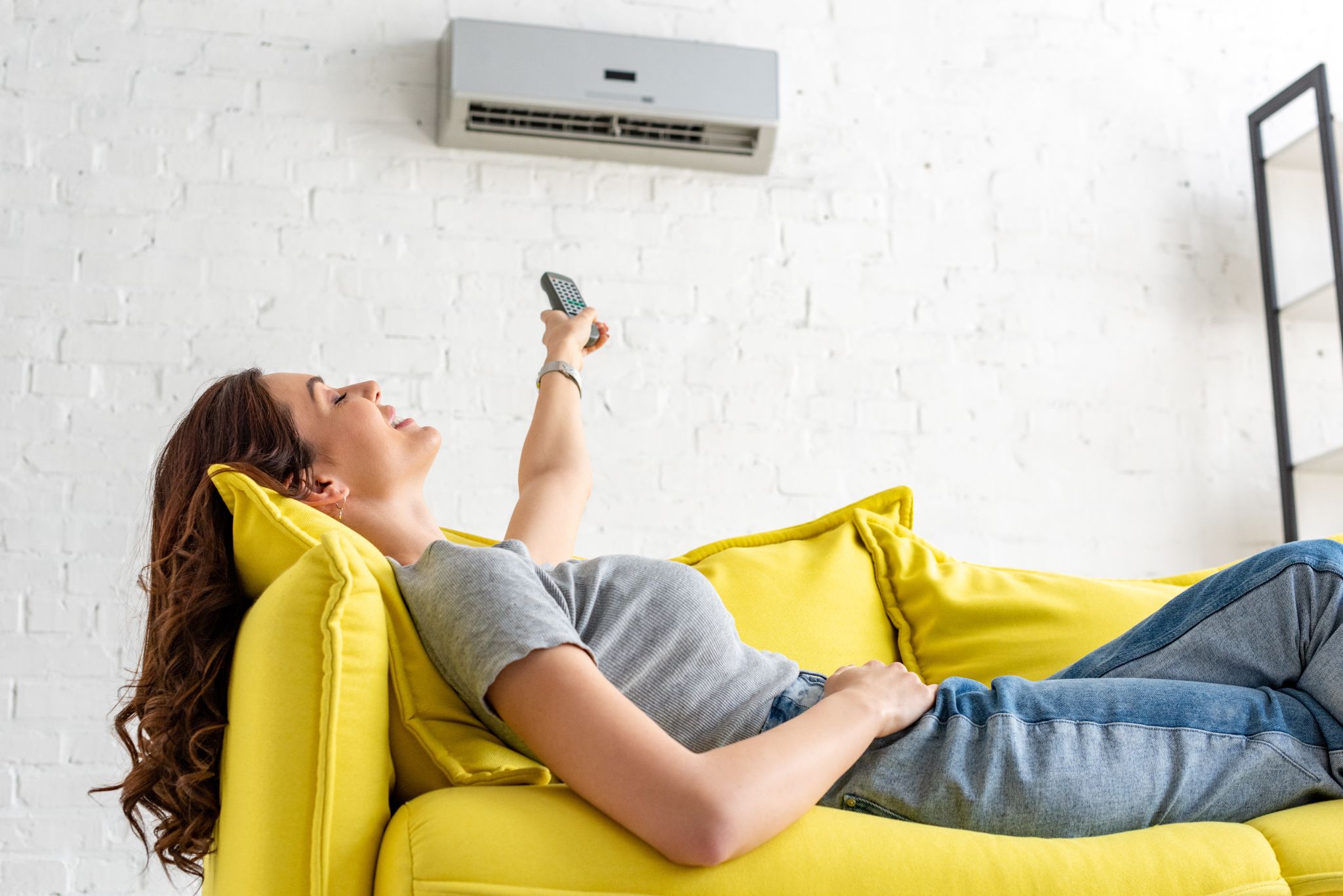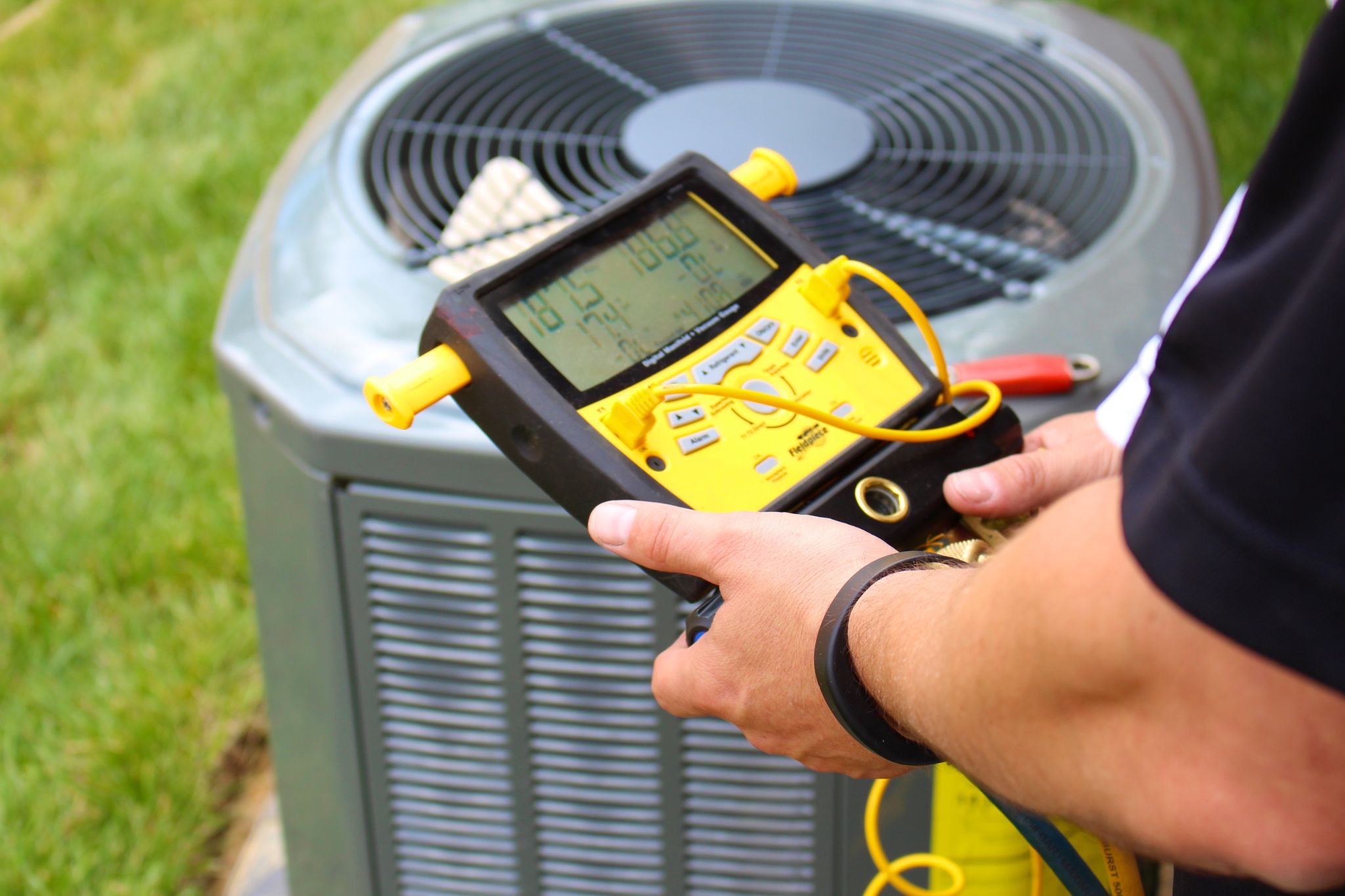How Long Do HVAC Systems Last?

HVAC systems can consist of different configurations—packaged systems, split systems, heat pumps, and window units. The average lifespan for most systems is between 15 to 20 years.
This is not to say that a system could fail before 15 years or that you could have a system that lasts more than 20 years. Some people have older oil furnaces and boilers that are 40 years old or older that still work perfectly fine to heat their homes.
HVAC System Lifespan Factors
It is essential that you understand the different factors that affect the lifespan of heating and cooling systems, including:
- Climate Change – The climate has changed over the past 30 years or so. We have hotter summers and colder winters. With these changes, it means your HVAC system is running more often to keep your home cold in summer and warm in winter.
- How Often the System Is Used – Some people are lucky enough to not need heating or cooling other than a few months each year. Of course, this means their air conditioners and furnaces are going to last longer. For the rest of us that rely on our air conditioners and furnaces almost year-round, our systems will have a shorter lifespan.
- How Energy-Efficient Your Home Is – If your home is not well insulated or you have windows without thermal resistance, your HVAC system will run more frequently to maintain your preferred indoor temperature. If you have a well-insulated home and thermal-resistant windows, your HVAC system does not have to run as often, so it will last longer.
- How Often HVAC Maintenance Is Performed – Systems that receive regular maintenance, tune-ups, and repairs tend to last longer than systems that are not given proper maintenance.
- Where You Live – The location of your home will affect the lifespan of your heating and cooling system. People that live in coastal areas have to deal with the corrosive effects of saltwater that causes their air conditioners to rust and wear out faster compared to someone living farther inland.
How to Extend the Life of Your HVAC System

Whether you recently had a new HVAC system installed or have an older heating and cooling system, there are several things you can do to extend the life of your HVAC system.
- Schedule Regular Maintenance – Have an HVAC professional service your system twice a year—once in the spring and once in the fall. These intervals ensure your air conditioning is ready for summer cooling and your furnace is ready for winter heating.
- Replace Worn Out Parts and Components – Normal wear and tear occur as your HVAC system ages. By sticking to a proper maintenance schedule, your service technician notices when parts and components need to be replaced. Replacing them before they fail not only avoids emergency repairs but also extends the system’s life.
- Replace Your Air Filter Frequently – The air filter should be changed every 30 to 90 days. It is a good idea to inspect the air filter If it looks dirty, replace it, even if the manufacturer says the filter should last longer. Clogged and dirty filters strain your HVAC system and shorten its lifespan.
- Make Your Home More Energy-Efficient – There are different home improvements you can make like adding more insulation and upgrading to thermal-resistant windows to improve the energy efficiency of your home. These improvements not only will lower your energy bills but extend the life of your HVAC system.
- Utilize Landscaping Features – Trees and shrubs should be used to help shade windows that receive a lot of direct sunlight. You should keep trees, shrubs, and other plants at least five feet away from the outdoor AC unit. It also helps to trim back trees that overhang the home and AC unit.
- Have a Smart Thermostat Installed – Have your HVAC professional install a smart thermostat. Smart thermostats are designed to help learn your heating and cooling habits. They can also be programmed to automatically adjust the thermostat when you are away from home and turn it back down when you are at home to save energy since your system doesn’t run as often.
- Have Your AC Unit Cleaned Annually – Dust, dirt, and other debris can get into the heat exchanger coils (cooling coils) and vents on the outdoor unit. Having it cleaned by your AC technician every year before you start using your air conditioner will help extend its life.
- Turn on Your Ceiling Fans – If your home has ceiling fans, use them regularly to help circulate heated air or cooled air in your home. Remember to adjust the settings seasonally so the blades rotate in the right direction.
When to Replace Your Heating and Cooling System
There are several things to consider when your heating and cooling system is older, to decide when is the best time to replace it.
- How has the system been performing? Is your system able to keep your home cooled and heated easily? If you notice the system is struggling to keep up, it could be that it is wearing out and needs to be replaced.
- How much are your energy bills? If you notice your energy bills are increasing, this is common when an HVAC system is nearing the end of its useful life.
- How often are you having to get the system repaired? As the system ages, you will start to notice that parts and components wear out and need to be replaced. If your system is breaking down frequently or the list of replacement parts and components is increasing at each service interval, it might be a better idea to invest in a new system.
- Are the repair costs adding up to at least 50% of the cost of a new system? If your repair costs are creeping up and are running at around 50% of the cost of a new system, in the long run it would be better to have your HVAC professional install a new HVAC system.
As you can see, “How long do HVAC systems last?” depends on various factors and things you can do to help extend the life of your heating and cooling system, such as regular maintenance.
If you are not sure whether your HVAC system needs to be serviced or replaced, the best place to start is with an inspection performed by one of our experienced HVAC professionals. After the inspection, your technician will make recommendations based on what your system requires, provide you with a free quote, and advise you when replacement might be the better option.
To schedule an inspection of your HVAC system in New Braunfels, Temple, San Antonio, or the Austin Metro Area, please feel free to call Christianson Air Conditioning & Plumbing at 512-246-5400 today!



Sorry, comments for this entry are closed at this time.